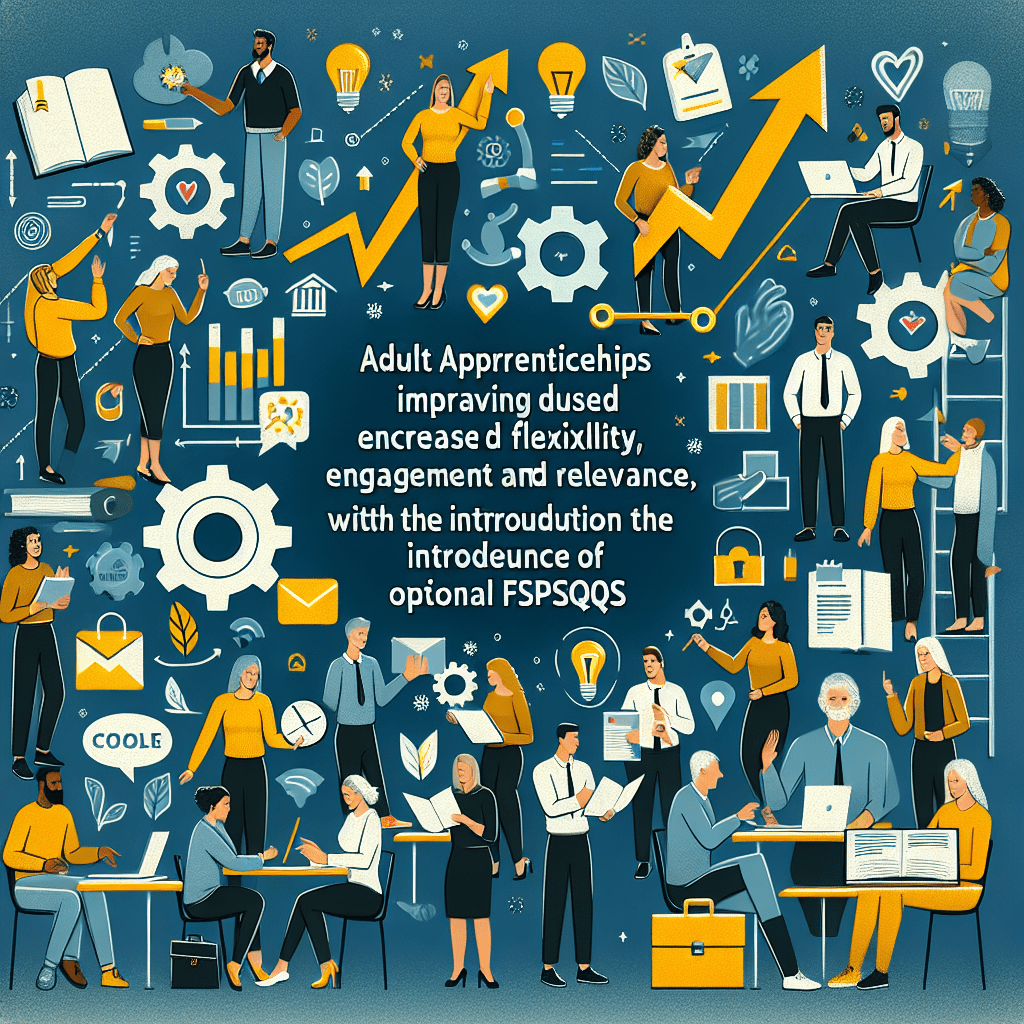
Revolutionizing Skills Training: The Promise of Apprenticeship Units

Apprenticeship Units: The Game-Changer We’ve Been Waiting For
Let’s be honest—when it comes to skills training in the UK, we’ve been flying a bit blind for too long. The traditional approach to apprenticeships has often felt more like guesswork than a well-oiled machine. But after tuning into the recent FE Week webcast with Skills Minister Jacqui Smith, I can’t help but feel a surge of optimism about the upcoming shift towards apprenticeship units. If you’ve been feeling like change is overdue, you’re not alone. Let’s dive in and explore how this new approach could truly reshape skills training, ensuring it meets the needs of employers and apprentices alike.
What Exactly Are Apprenticeship Units?
First off, let’s break it down. Apprenticeship units are set to represent a more flexible and tailored approach to vocational training. Instead of long-winded courses that stretch on for ages, these units will allow learners to engage with specific skills over a recommended duration of one week to several months. Just think about it—this could mean a focus on 30 to 120 hours of meaningful engagement, steering clear of those one-day courses that often leave you asking, “What did I actually learn?”
It’s clear we’re moving towards a system that respects the time and investment of both learners and employers. No more ticking boxes; this is about crafting a learning experience that’s relevant and applicable.
Shifting the Focus: Knowledge and Skills versus Behaviours
We need to ask ourselves if this is truly what employers want. Are we going to start viewing behaviours through the lens of job descriptions, or will we ensure they’re deeply integrated into the apprenticeship programme itself? It’s a tricky balance to strike, but it’s essential if we want to create a well-rounded workforce.
The Tale of the Employer-Designed Standards
Another illuminating point from the webcast is that these new apprenticeship units will be grounded in existing employer-designed occupational standards. Now, I see the merit in this approach—it’s like carving the pathway to training straight from the source. But here’s the crux: are we really capturing the true needs of employers, or are we simply making assumptions based on outdated paradigms? What happens when the landscape of work changes and evolves? If we don’t keep our ear to the ground, we risk falling behind.
As we prepare for the forthcoming AELP Autumn Conference in Birmingham, I can’t help but feel energized by the discussions awaiting us. I’ve always found that face-to-face chats bring forth the real gems in any conversation. It’ll be interesting to see how various stakeholders respond to the new plans. Are we bold enough to ask the tough questions and redefine what success looks like in our apprenticeship systems?
As someone who has witnessed the shift in various training methodologies over the years, I believe that understanding and adapting to the needs of both employers and apprentices is pivotal. The future of work is collaborative, and our apprenticeships should reflect that ethos.
Your Thoughts Matter
So, what’s stirring in your mind after reading this? How do you feel about the shift towards apprenticeship units and what they might mean for the future of skills training? Are we on the right path, or do we have a step or two left to navigate before we hit our stride?
These questions are vital as we move forward. I’d love to hear your thoughts. Whether you’re an employer, an apprentice, or even someone in the thick of the education system, your perspective can help shape the road ahead. Let’s carry this conversation on, shall we?
#CitySkills #Apprenticeships #SkillsMeansGrowth




